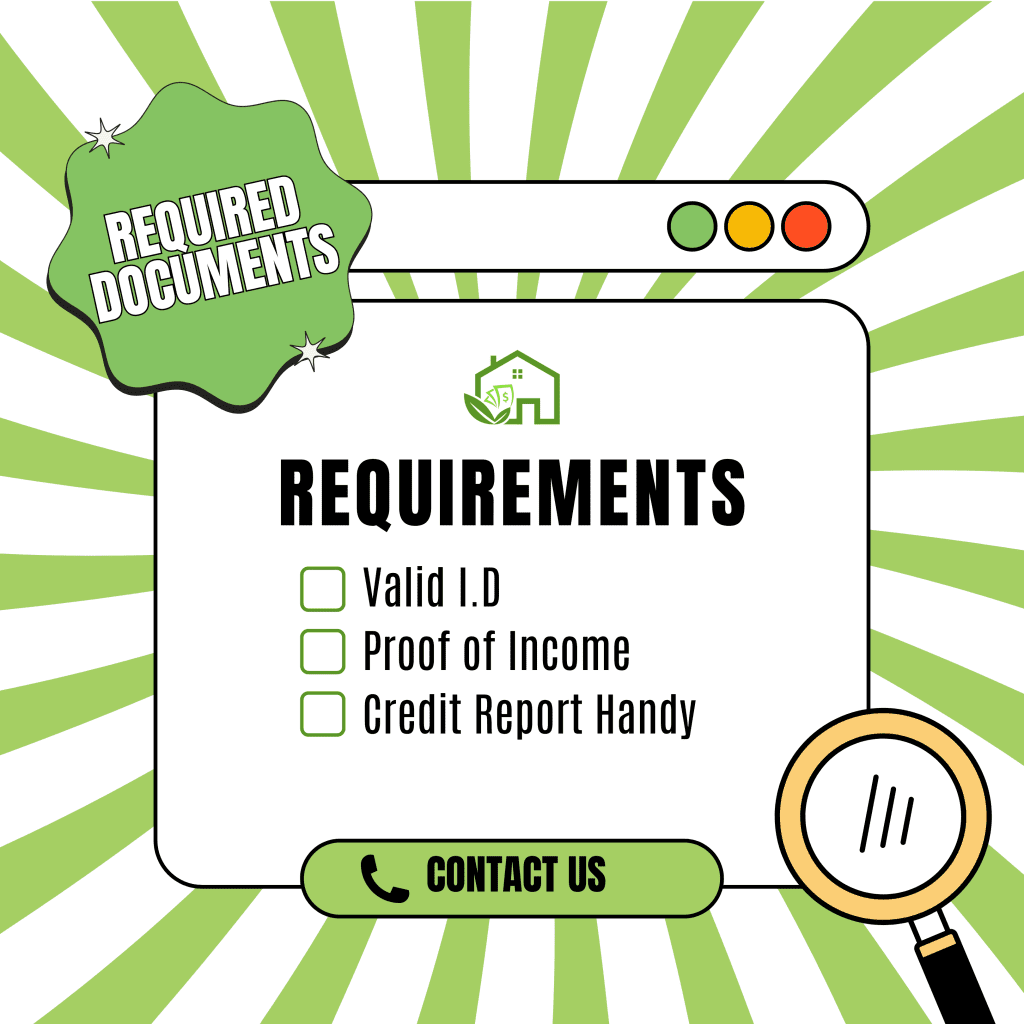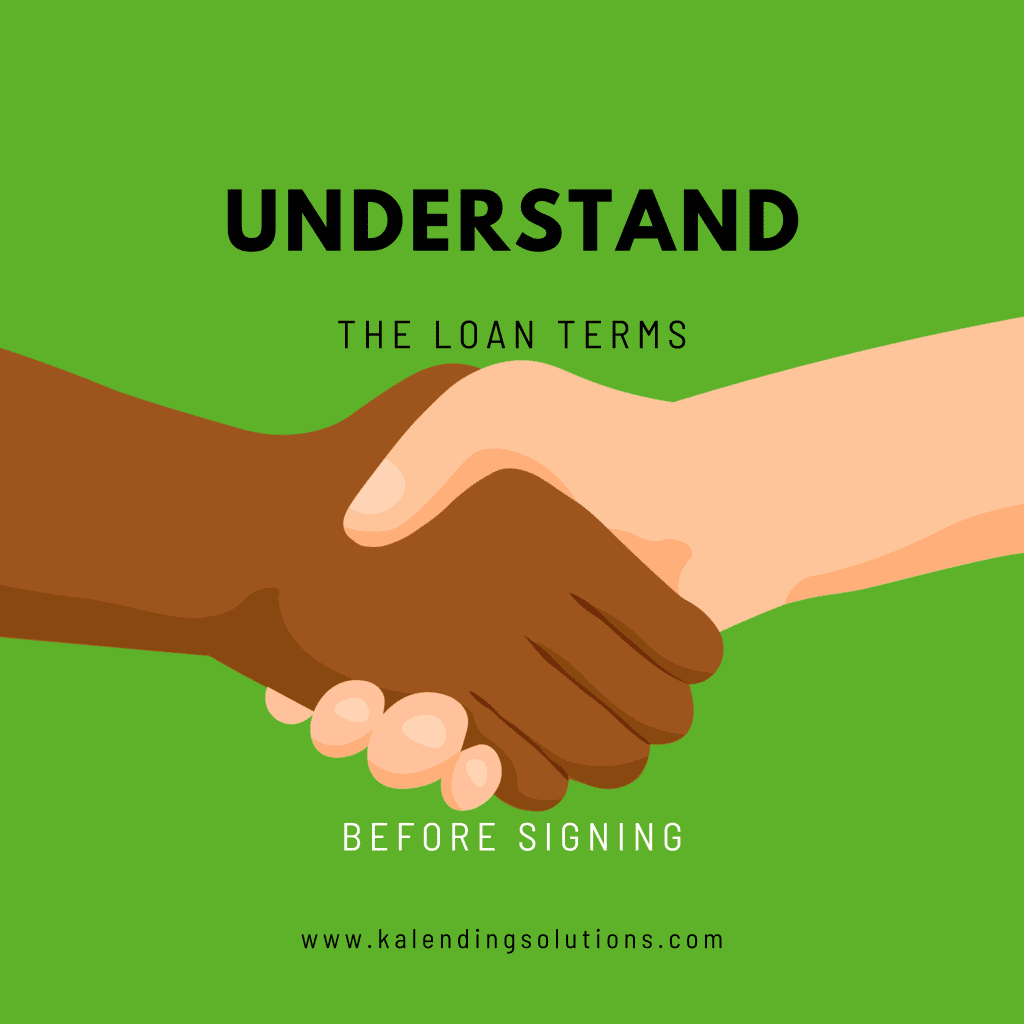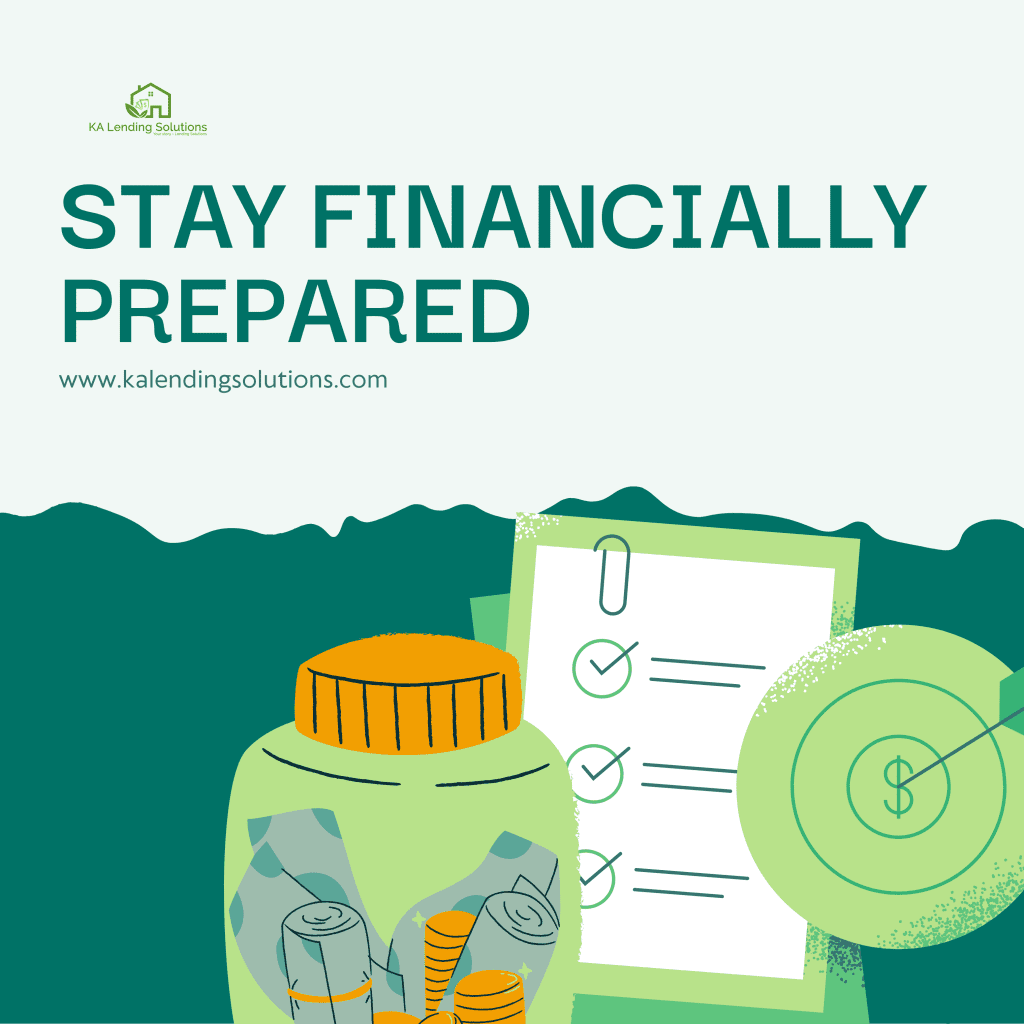Getting a personal loan doesn’t have to be complicated or stressful. With the right approach and preparation, you can secure the funds you need quickly and hassle-free.
Here’s how to make getting a personal loan easy and what you need to do to increase your chances of approval:
1. Understand Your Loan Options
Before applying, to make a successful loan approval process take the time to understand the different types of personal loans available:
- Secured vs. Unsecured Loans: Secured loans require collateral, while unsecured loans do not.
- Fixed vs. Variable Interest Rates: Fixed rates stay the same, whereas variable rates can change over time.
- Short-Term vs. Long-Term Loans: Choose a repayment term that fits your budget.

Tip: Research lenders online or speak to a loan expert to determine the best fit for your needs.
2. Check Your Credit Score
Lenders use your credit score to determine your eligibility and interest rate. A higher score can help you secure better loan terms.
- Obtain a free credit report through government sites such as Moneysmart or credit bureaus like Equifax.
- If your credit score is low, consider improving it by paying down debts and making timely payments.

Tip: Some lenders offer loans for people with bad credit, but they may come with higher interest rates.
3. Gather Required Documents
Most lenders require the following documents to process your loan application efficiently:
- Proof of Identification (e.g., driver’s license, passport)
- Proof of Income (e.g., payslips, tax returns for self-employed individuals)
- Bank Statements to show your financial health
- Employment Details to verify your work status

Tip: Having these documents ready speeds up the approval process and reduces delays.
4. Choose the Right Lender
Not all lenders are the same. Consider:
- Traditional Banks vs. Online Lenders: Online lenders may offer faster approval times and more flexible options.
- Interest Rates and Fees: Compare offers to find the most competitive terms.
- Customer Reviews: Look for positive feedback and transparency in the loan process.

Tip: Use comparison websites like Canstar to evaluate lenders easily.
5. Apply Online for a Fast and Easy Process
Many lenders now offer online applications, making it convenient to apply from home. The process typically includes:
- Filling out an application form with your details.
- Uploading your documents for verification.
- Getting a pre-approval decision within minutes.
- Receiving funds into your account within 24–48 hours (depending on the lender).

Tip: Double-check your application for errors to avoid unnecessary delays.
6. Understand the Loan Terms Before Signing
Before committing to a loan, carefully read the loan agreement and consider:
- Interest Rate and Fees: Ensure you’re aware of all charges.
- Repayment Schedule: Confirm that the repayment plan fits your budget.
- Early Repayment Options: Some lenders allow early repayments without penalties.

Tip: If unsure, seek professional financial advice to avoid any unexpected costs.
7. Stay Financially Prepared
Once approved, plan your repayments carefully by:
- Setting up automatic payments to avoid missing due dates.
- Budgeting effectively to ensure you can meet repayments comfortably.
- Monitoring your loan balance regularly to stay on top of your finances.

Tip: Consider making extra payments when possible to pay off the loan faster and reduce interest costs.
By following these steps, you can make the personal loan application process easy, fast, and stress-free, ensuring you get the funds you need without unnecessary hurdles.
5 Most important documents to have ready to go…
To get a personal loan approved quickly, having the right documents ready can make a significant difference. Here are the 5 most important documents you should prepare:
1. Proof of Identification
Lenders need to verify your identity to process your loan application. Accepted forms of ID include:
- Driver’s license
- Passport
- Medicare card
- Birth certificate
Tip: Ensure your ID is valid and up to date to avoid delays.
2. Proof of Income
Lenders want to confirm that you have a steady income to repay the loan. Common documents include:
- Recent payslips (last 2–3 months)
- Bank statements showing regular deposits
- Tax returns (for self-employed individuals)
Tip: If you’re self-employed, providing business financial statements can further support your application.
3. Bank Statements
Your recent bank statements (typically from the past 3–6 months) help lenders assess your financial health and spending habits. These statements show:
- Income deposits
- Regular expenses
- Existing loan or credit repayments
Tip: Make sure your account is in good standing and avoid large unnecessary withdrawals before applying.
4. Employment Verification
Some lenders may require proof of stable employment to ensure loan repayment capability. This can include:
- An employment letter from your employer
- An employment contract
- Contact details for your HR department for verification
Tip: If you’re a contractor or freelancer, having a signed contract with your client can serve as proof of ongoing work.
5. Credit Report
Lenders will often check your credit history to assess your creditworthiness. While they can obtain it themselves, having a recent copy can help you address any issues in advance. You can get a free credit report from:
Tip: Check your credit report beforehand to correct any errors and improve your chances of approval.
Final Thoughts: In a Nutshell
Having these 5 key documents ready ensures a smooth and fast personal loan approval process. Preparation helps you for a successful loan approval process and to avoid delays and increases your chances of securing the funds you need without hassle.


